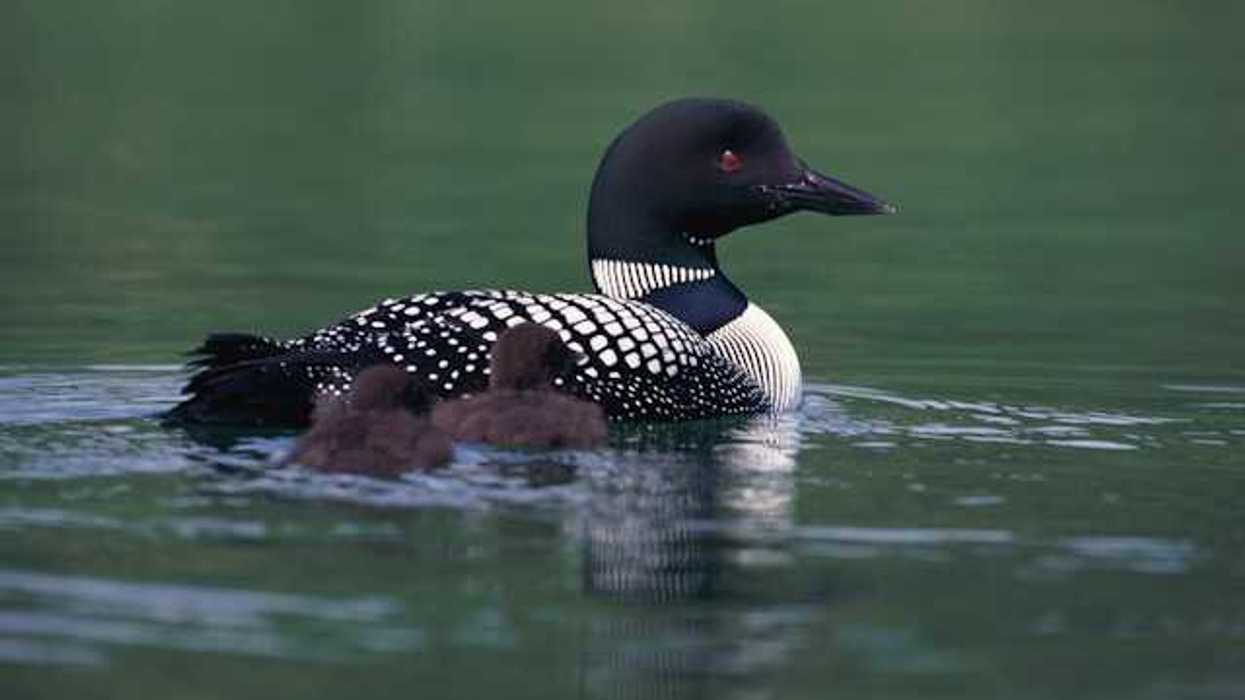In a major stride against malaria, CDC researchers have created a rapid test to identify the Anopheles stephensi mosquito, a malaria carrier thriving due to climate change.
Victoria St. Martin reports for Inside Climate News.
In short:
- Anopheles stephensi, native to Asia, has established itself in Africa due to global warming, threatening 130 million people.
- The CDC’s new test allows rapid identification of this mosquito, enabling quicker responses to potential malaria outbreaks.
- Climate change facilitates the spread and persistence of this mosquito in new regions, increasing malaria risks.
Key quote:
"If we start seeing that mosquito in the United States, transmitting or getting a foothold here, then there’s more concern that we’re going to see more widespread malaria in, potentially, urban areas.”
— Judith O’Donnell, infectious disease specialist at the University of Pennsylvania
Why this matters:
This breakthrough couldn't come at a better time, as the threat of malaria establishing itself in the U.S. looms larger. By nipping these mosquito migrations in the bud, we might just keep malaria at bay and protect vulnerable communities from a resurgence of this ancient scourge. Read more: The Holocene climate experience.














